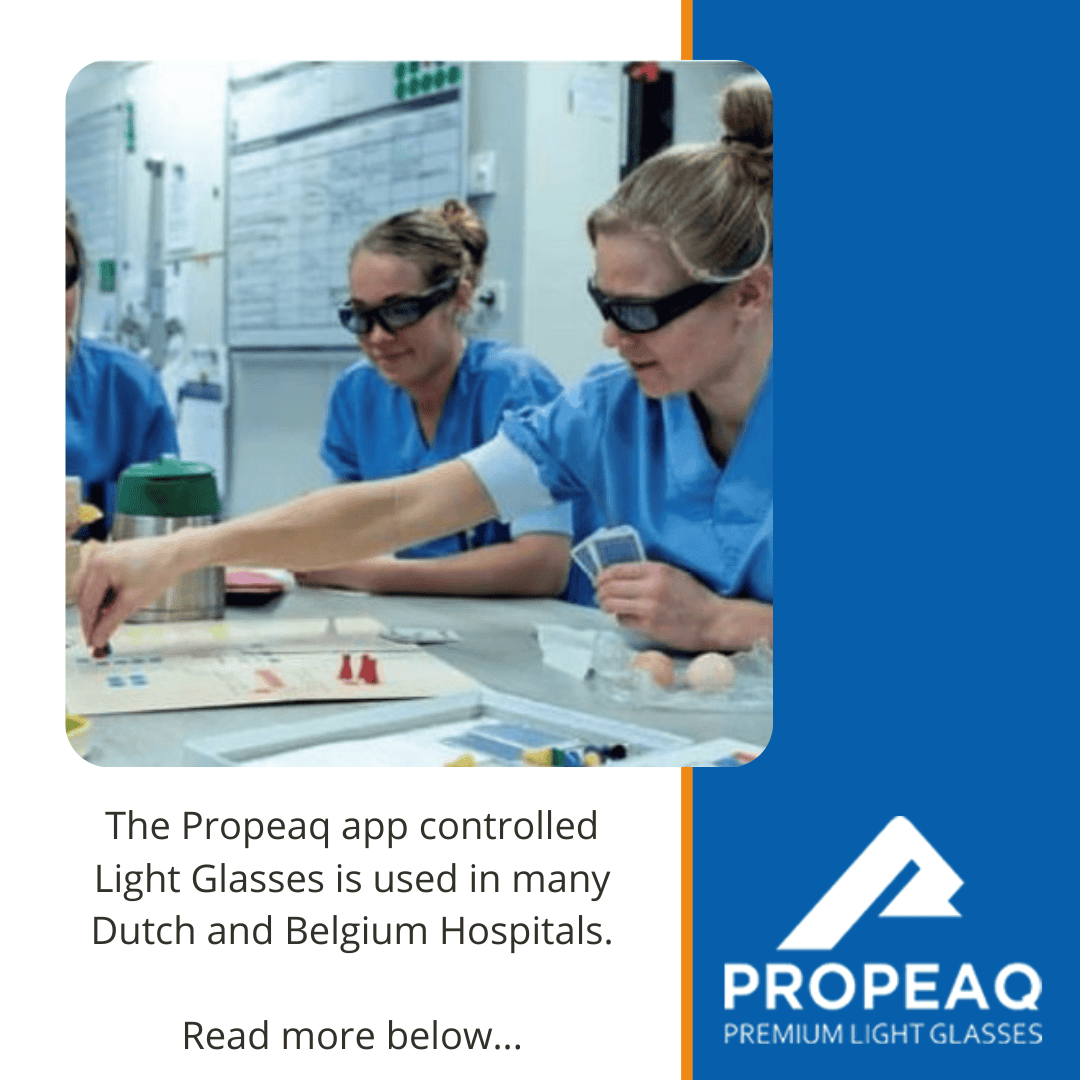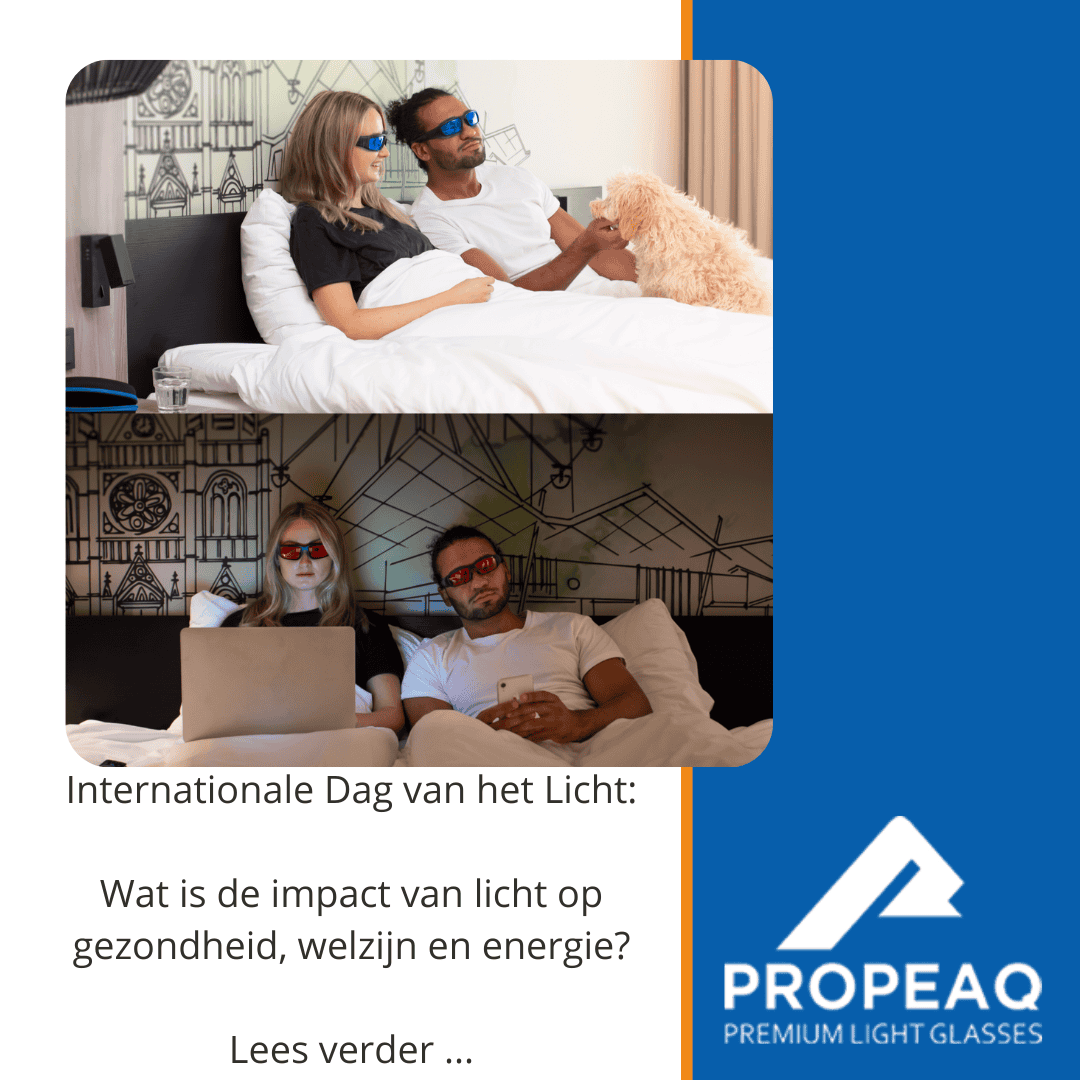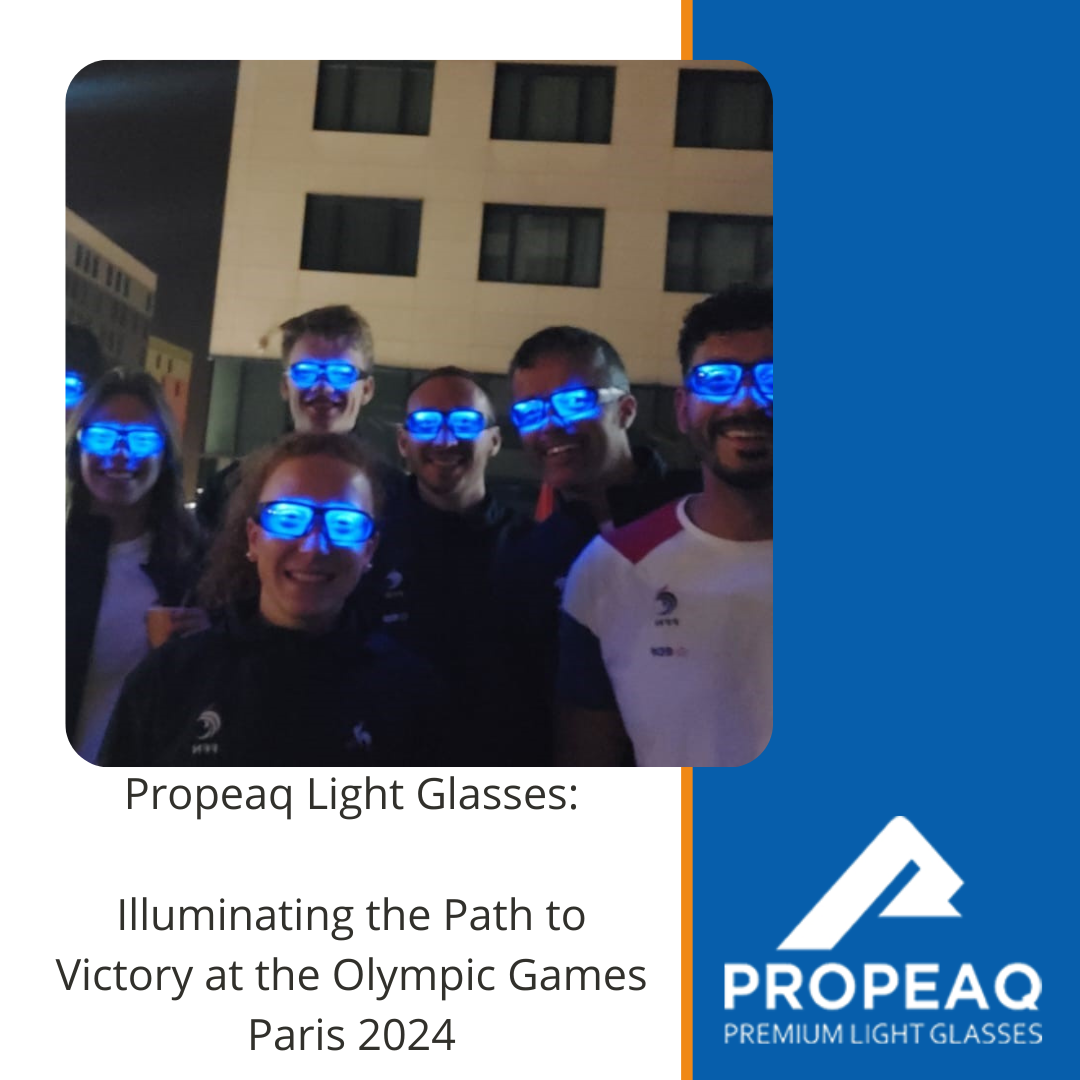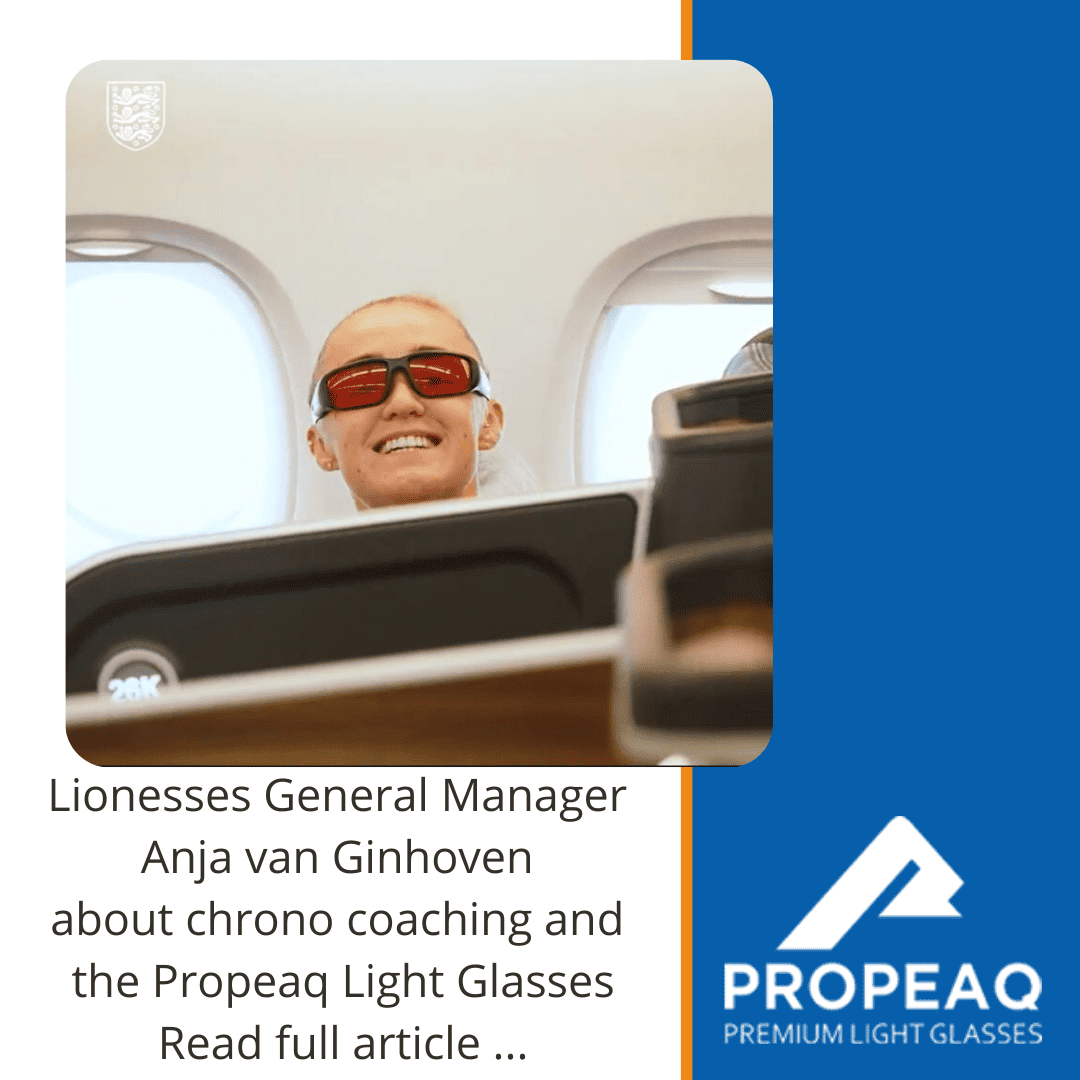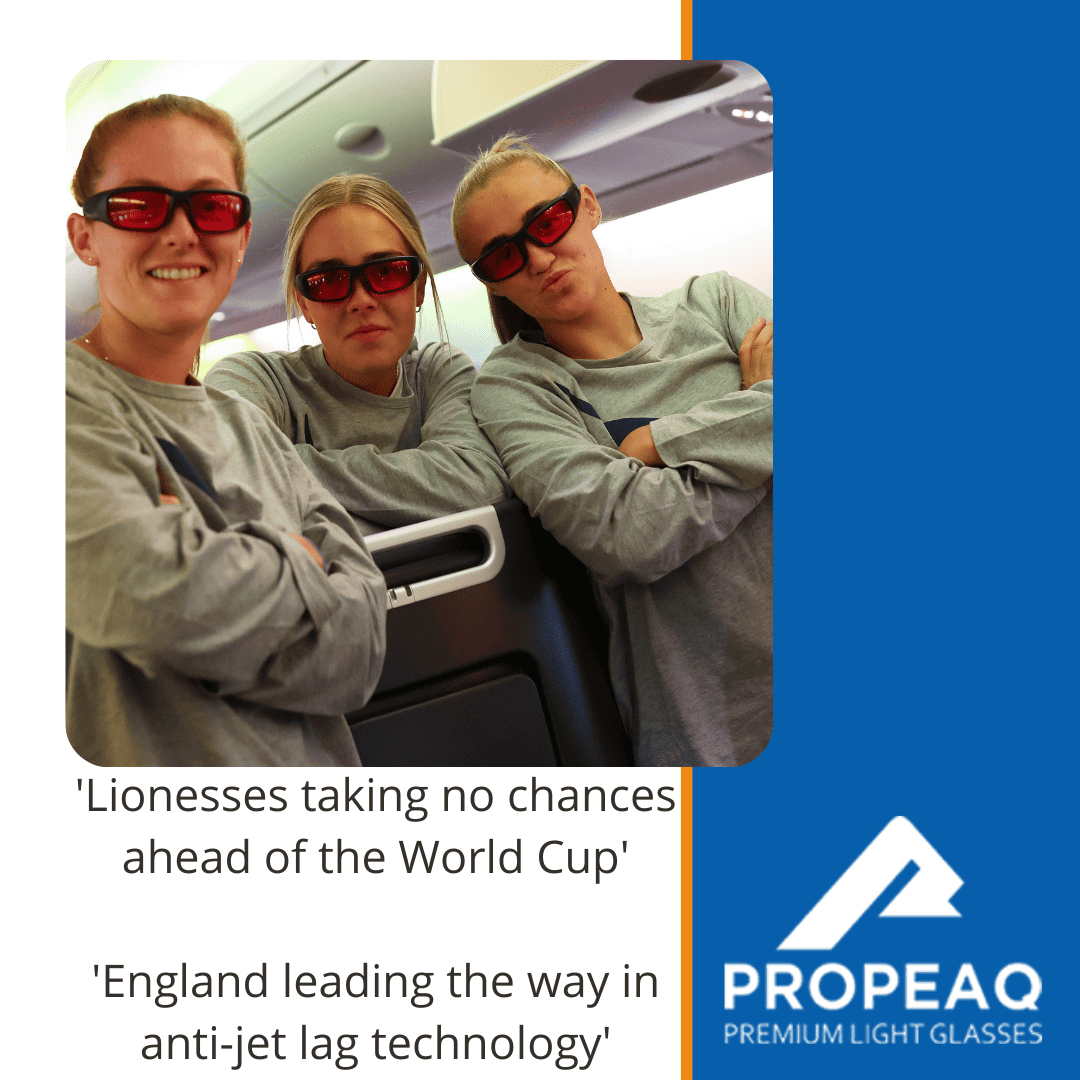Sleep deprivation has received a lot of attention from health officials and researchers in recent years, and for good reason. The World Health Organization has identified sleep deprivation as a serious public health problem, affecting physical health, cognitive performance and mental health in many ways.
Recovering from sleep deprivation isn’t as easy as you might think, according to recent findings from researchers at Jagiellonian University in Krakow, Poland. A few days of extra sleep does not seem to reduce the measurable effects of insufficient sleep.
What does sleep deprivation do to the body?
The demanding lifestyles, struggle to maintain work and private lives and maybe some rest now and then. In this way, many of us plod through the days, on the way to the day off where we can finally get some sleep.
The effect of sleep deprivation is much greater than feeling tired and lifeless. Systematically building up a sleep deprivation has far-reaching consequences. Symptoms of sleep deprivation include difficulty concentrating, memory problems, a weakened immune system and reduced physical strength.
People who chronically don’t get enough sleep have a higher risk of developing mental illnesses and disorders, including depression, and an increased risk of car accidents and accidents at work. A higher risk of obesity, diabetes, cardiovascular disease, sexual dysfunction and balance problems are also associated with chronic sleep deprivation.
Recovering from a sleep deprivation
This is not as easy as it seems at first glance. A recent study has shown how difficult that really is.
The subjects who took part in the study slept about 30 percent less each night for a length of 10 days. This 10-day period was followed by a 7-day recovery period. Even after this week, a very measurable difference could still be made for the participants from the period with the sleep deprivation. Given how “normal” it is to sleep one or two hours less for the average mortal, the impact of this research is enormous.
Improve your sleep with Propeaq
Sleep is essential for good health, that should be clear after reading this article. But how do you actually improve your sleep?
For example, adjust your rhythm for better sleep. The rhythm and the successive blocks of time with which we do or do not perceive blue light is the core of good sleep. This rhythm can be adjusted by applying blue light (daylight) for 30 minutes in the morning and filtering blue light in the evening, 30 to 45 minutes before going to sleep. Of course, there can be other reasons for poor sleep.
Source: www.chronobiology.com


